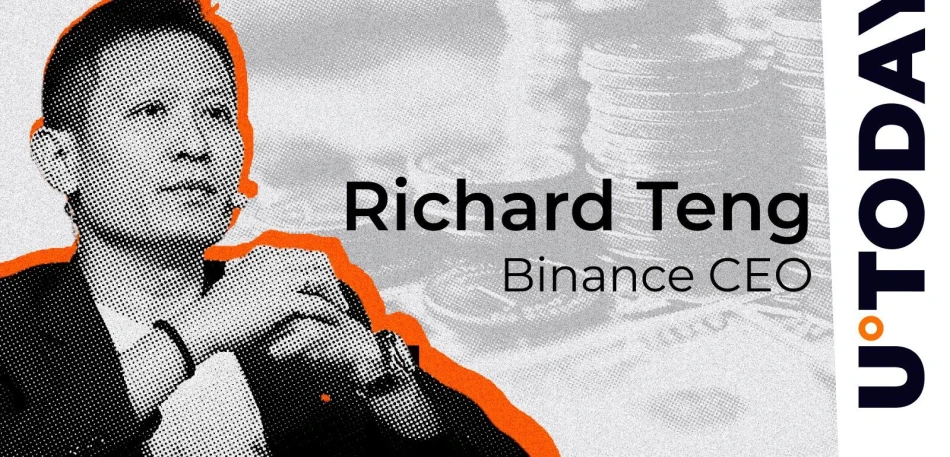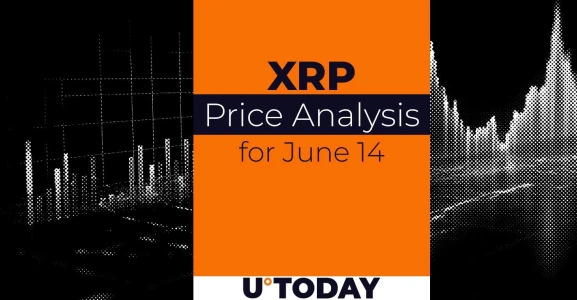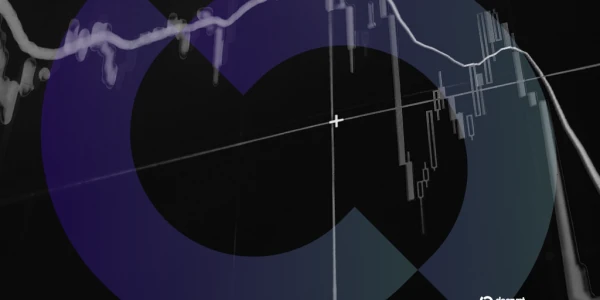
Binance CEO Drops Quiet Warning About What Matters Next
A Long-Term Vision for Crypto's Future
As the crypto market enters a new phase, Binance CEO Richard Teng has shifted his focus to what he believes are the true drivers of long-term value. Instead of chasing hype, headlines, or short-term noise, Teng emphasizes the importance of patience, community strength, and early conviction in high-potential assets.
His philosophy centers on three key principles: long-term vision outperforms fleeting trends, community value compounds over time, and early belief in the right projects can yield exponential growth. This mature perspective moves beyond speculation, prioritizing utility, structure, and sustained commitment.
Compounding: A Powerful Principle in Crypto
Teng argues that compounding—a cornerstone of traditional finance—applies equally to cryptocurrency. He identifies three critical aspects:
- Long-term vision beats short-term hype
- Community strength grows exponentially over time
- Small, early investments can scale dramatically
By maintaining focus and conviction, Teng believes investors can unlock crypto's full potential and achieve exceptional results.
Macro Conditions Favoring Crypto
Teng's insights arrive as macroeconomic conditions increasingly favor cryptocurrency. With bonds weakening, yields rising, and traditional safe havens losing trust, Bitcoin has stabilized above $105,000—behaving more like a macroeconomic hedge than a speculative tech asset.
His compounding concept extends beyond price movements, stressing disciplined behavior: staying committed while others exit prematurely and recognizing how network effects and user confidence strengthen over time. The exponential growth curve he references underscores that crypto's biggest rewards come from holding quality assets, not chasing temporary trends.
As the market evolves, Teng's message gains traction—particularly in decentralized finance, layer-2 solutions, AI integration, and tokenized assets, where success depends on gradual accumulation rather than sudden spikes.
Most Viewed News








